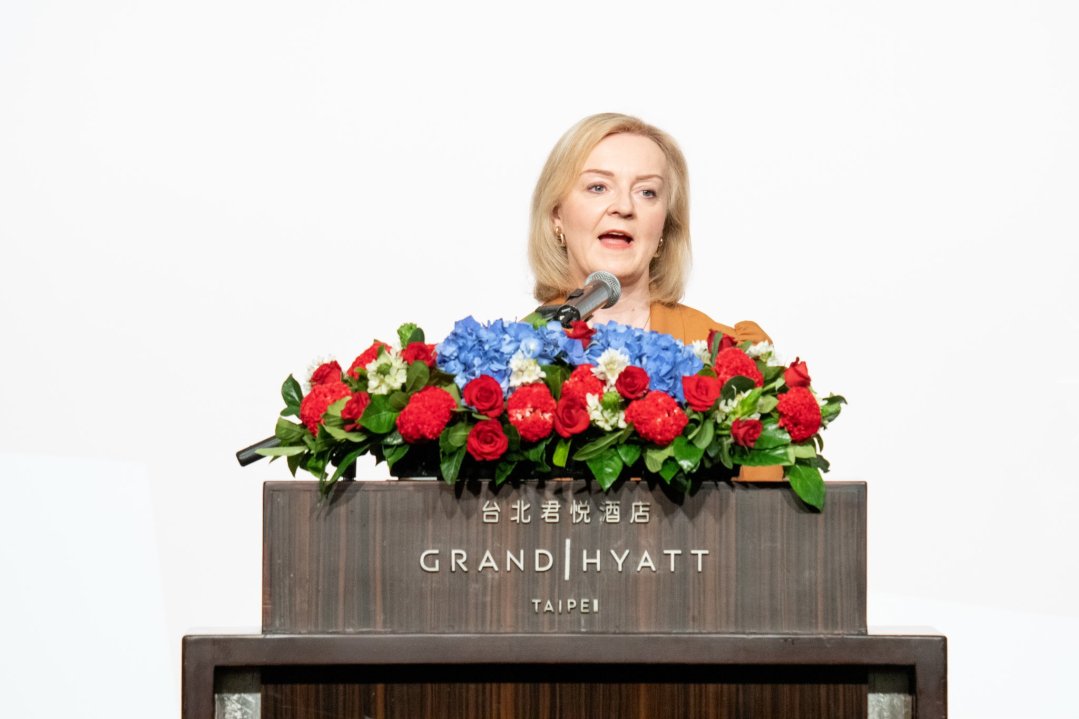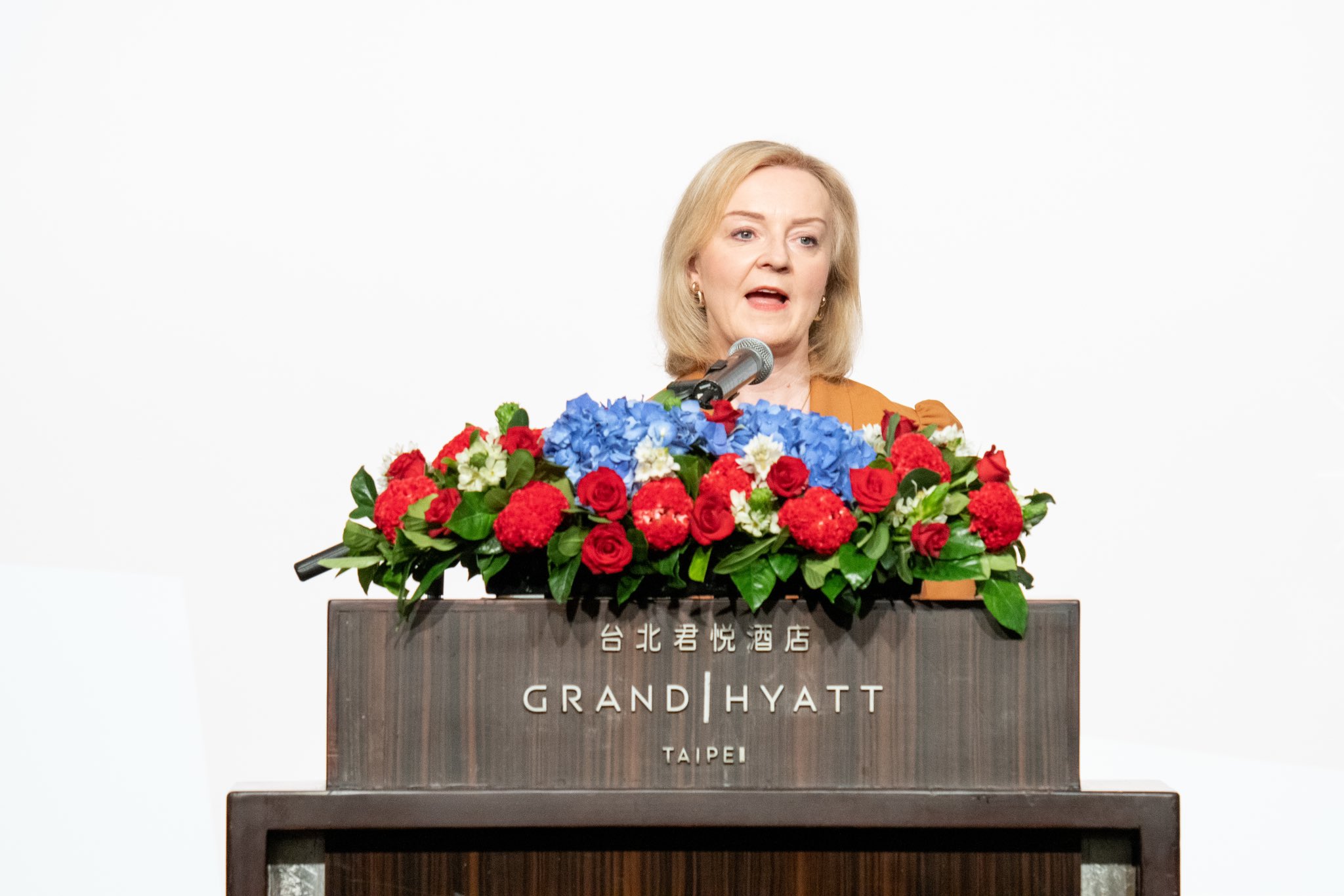Liz Truss is in Taiwan this week, urging the West to take a stronger stance against China. Her message is clear: Europe’s future is ‘inextricably linked’ to that of the island, you can’t trust Beijing to follow the rules and Britain and its allies must now take action.
Citing Chinese naval expansion, military build-up, economic decoupling and diplomatic initiatives, Truss warned that ‘There are those who say they don’t want another Cold War. But this is not a choice we are in a position to make… they have already made a choice about their strategy. The only choice we have is whether we appease and accommodate – or we take action to prevent conflict.’
Her solution? An ‘economic Nato’ where like-minded nations agree to make trade and investment decisions in a way that supports freedom. This would resemble the Coordinating Committee for Multilateral Export Controls which focused on how the West collectively dealt with the USSR from the 1940s until the 1990s.
Truss argues it would allow ‘the best approach to take on technology exports, the best approach in the event of economic coercion, the best approach on trade and investment.’ She also wants greater co-operation in military matters and, unsurprisingly, trade, hailing the accession of the UK to the CPTPP and urging Taiwan’s membership to the pact too.
Inevitably though, her speech will be viewed mainly through the prism of Westminster politics. And Truss was happy to oblige with a few criticisms of her successor’s government. She reminded her audience that Rishi Sunak had described China as Britain’s biggest threat and called for him to revise the language in the Integrated Review to reflect this.
Truss said ministers should close Britain’s Confucius Institutes too, suggesting ‘the service could be provided by organisations with the support of Hong Kong nationals and Taiwanese nationals who have come to the UK on a free basis.’ She also disparaged the resumption of economic and financial dialogue between Britain and China.
China is going to be a major focus of Truss’s post-premiership career. As I argued back in February, she is likely to get a more receptive hearing on foreign policy than economics, given her track record in office: standing up to Russia over Ukraine, championing the Australia FTA that helped lead to AUKUS and backing CPTPP membership too. Her ‘economic Nato’ concept builds on the ‘network of liberty’ she advocated in office and is worth further exploration.
Truss though remains something of a divisive figure, even among China hawks in her party. ‘She gets you headlines: but are they the right ones?’ said one ahead of her visit, questioning whether her association with Taiwan’s cause was something of a mixed blessing. Those tensions within the Tory party were made public by Alicia Kearns, the Foreign Affairs Committee, who called Truss’s Taiwan trip ‘the worst kind of Instagram diplomacy.’
Truss’s allies would note her invitation by the Taiwanese government, the warm welcome she received and that she was the first ex-Prime Minister to visit Taiwan since Margaret Thatcher in the 1990s: her presence clearly counts for something.








Comments